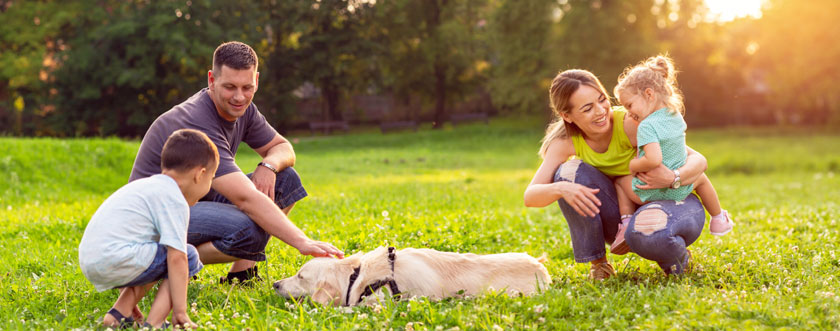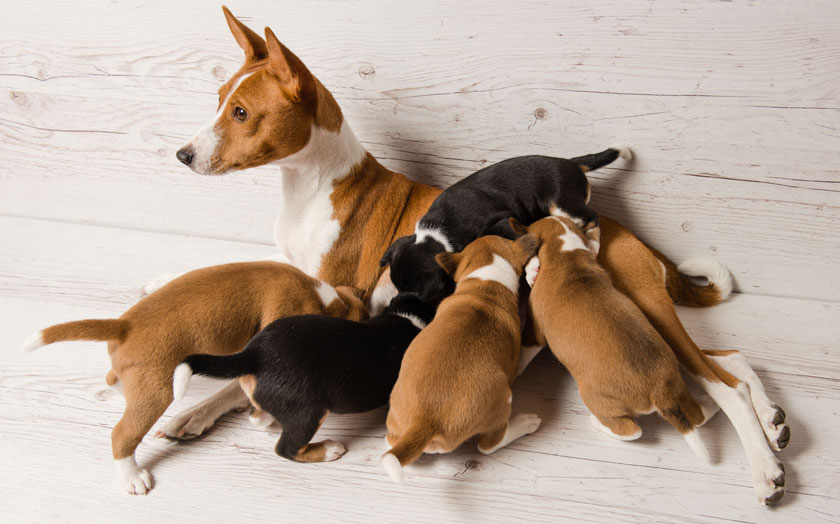 A dog is a huge responsibility and commitment. Many people buy a dog and then find that they can’t cope physically or financially. Far too many dogs are surrendered to the overflowing rescues centres. Dogs need more than a roof over their head and food. They need exercise, training, grooming, human company, love, and care when they are ill. They are expensive to keep. Vet bills and insurance are costly. If you are out at work all day please think again. Dogs are social animals and need to be with their owner or human family.
A dog is a huge responsibility and commitment. Many people buy a dog and then find that they can’t cope physically or financially. Far too many dogs are surrendered to the overflowing rescues centres. Dogs need more than a roof over their head and food. They need exercise, training, grooming, human company, love, and care when they are ill. They are expensive to keep. Vet bills and insurance are costly. If you are out at work all day please think again. Dogs are social animals and need to be with their owner or human family.
Please consider adoption. There are many dogs in rescue centres desperate for a second chance.
You have a ‘duty of care’ for your dog under the Animal Welfare Act (2006).
Puppy or Adult Dog?

Puppies need a great deal of attention and training. There will be many adult dogs available in rescue centres which make wonderful pets.
Pure Breed or Mixed Breed?
Mixed breed dogs have greater genetic diversity and are less likely to succumb to breed-related diseases.
If your heart is set on a pure breed, do as much research as possible on your chosen breed. All of these are prone to inherited diseases, even those without extreme physical characteristics. In addition to the information on this website, consult your local veterinary practice about breed related health and lifestyle needs. Read the relevant Breed Club website for information on health and lifestyle needs. These will vary in terms of breed health information.
Choose a dog to suit your lifestyle. If you live in a city, do not choose a highly active breed. All dogs need love, exercise, training, and mental stimulation.
Note the Following
Giant breeds have a shorter life span, are prone to cancer, heart problems and other health and welfare issues due to their extreme size. Similarly, avoid miniature breeds which are prone to poor teeth, fragile bones and hydrocephalus. A dog is a dog. It is not meant to be carried around in a handbag!
Avoid breeds which have disproportionately short legs (dwarfism), excessive folds of skin (prone to infection), disproportionately long ears (painful if stepped on), too much hair (prone to knots and tangles and difficult to groom), droopy eyelids (which become sore and weepy), disproportionately long backs (prone to disc problems), or very large heads. Avoid dog breeds that have flat faces (brachycephalic). These dogs can have difficulty breathing, overheat easily, and often require corrective surgery. Brachycephaly (BOAS) is a major health and welfare concern.
Please do not buy a Brachycephalic (Flat-faced) Dog!
Buy from a breeder who uses (or is prepared to use) the Puppy Contract and Puppy Information Pack (PIP) which may be downloaded at www.puppycontract.org.uk. Make sure that it is the contract produced by the British Veterinary Association Animal Welfare Foundation (BVA AWF) or the Kennel Club’s Assured Breeders Scheme (ABS) Puppy Contract.
Visit a breeder in person. See puppies with their mother.

- Never buy on impulse. Visit several breeders and litters before choosing your puppy.
- Meet the breeder in their home. Never buy a puppy by meeting someone at a motorway services station or any other meeting point. Or from someone who wants to deliver to your home (these methods are favoured by commercial breeders who do not wish you to see the conditions in which their dogs are kept).
- Take care when buying from a Local Authority (LA) Licensed Breeder. Some are very good but many are not. Check the breeder’s LA star rating.
- Visit two or three breeders before making a choice and treat the first visit as a ‘fact finding’ visit. Never fall for the line, ‘If you don’t take him now, he may not be here tomorrow.’
- Ask to see the five generation pedigree certificate of the dog before agreeing to purchase. If the same name appears more than once on the pedigree it is a sign of a high level of inbreeding (see ‘A Beginners Guide to COI‘). Ask the breeder for the coefficient of inbreeding (COI) of the puppies.
- Ask the breeder about health screening and DNA testing of both parents of your puppy. It is advisable to see this paper work before viewing puppies as your heart will rule your head once you have seen a puppy!
- See puppies interacting with each other and their mother and in a home environment where they have had a chance to be properly socialised with humans and other animals. Do not accept a puppy which has been taken from its mother at less than eight weeks old.
- The breeder must demonstrate that the mother’s comfort and welfare is as important as the puppies.
- Ideally you should meet your puppy’s father to make sure that his health and temperament is sound.
- Note that in larger scale breeding establishments adult dogs will be accustomed to kennels. However, the pups should have interaction with humans several times a day from birth and be brought into the house on a regular basis to become habituated to household noises.
- When seeing puppies for the first time they should be playful and eating well. Check that the eyes are clear and bright, there is no diarrhoea, and the coat is clean.
- A good breeder will help you to choose a puppy whose temperament will suit your lifestyle and family circumstances.
- Expect the breeder to ask you many questions. A responsible and caring breeder needs to know if yours would be a good home for her puppy.
- A good breeder will offer any support you may need after purchase, including taking back the dog if you are no longer able to care for it.
- The breeders should provide you with free, temporary Health Insurance.
- Ask what the breeder’s policy is on health problems that may arise in a puppy soon after purchase, or genetic problems that may arise much later. A good breeder will ask to be kept informed of all relevant health issues and will take these into account in future breeding plans.
Owning and caring for a dog is one of the most rewarding experiences you can have. Making the right choice in the first place will ensure that it is.